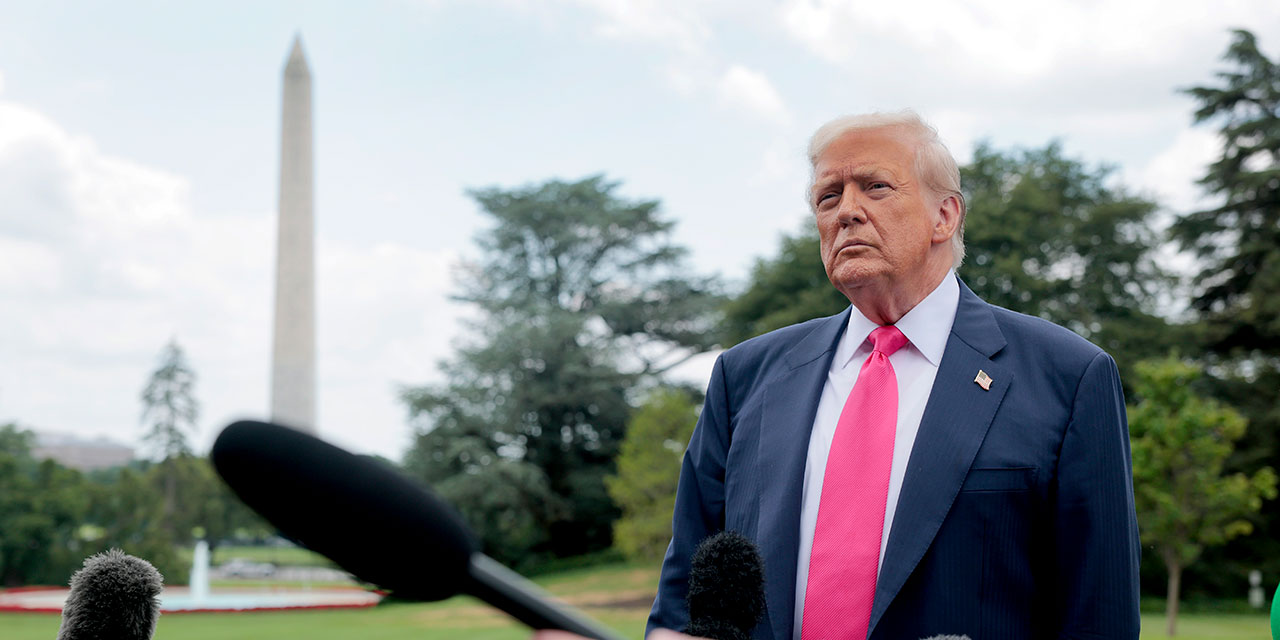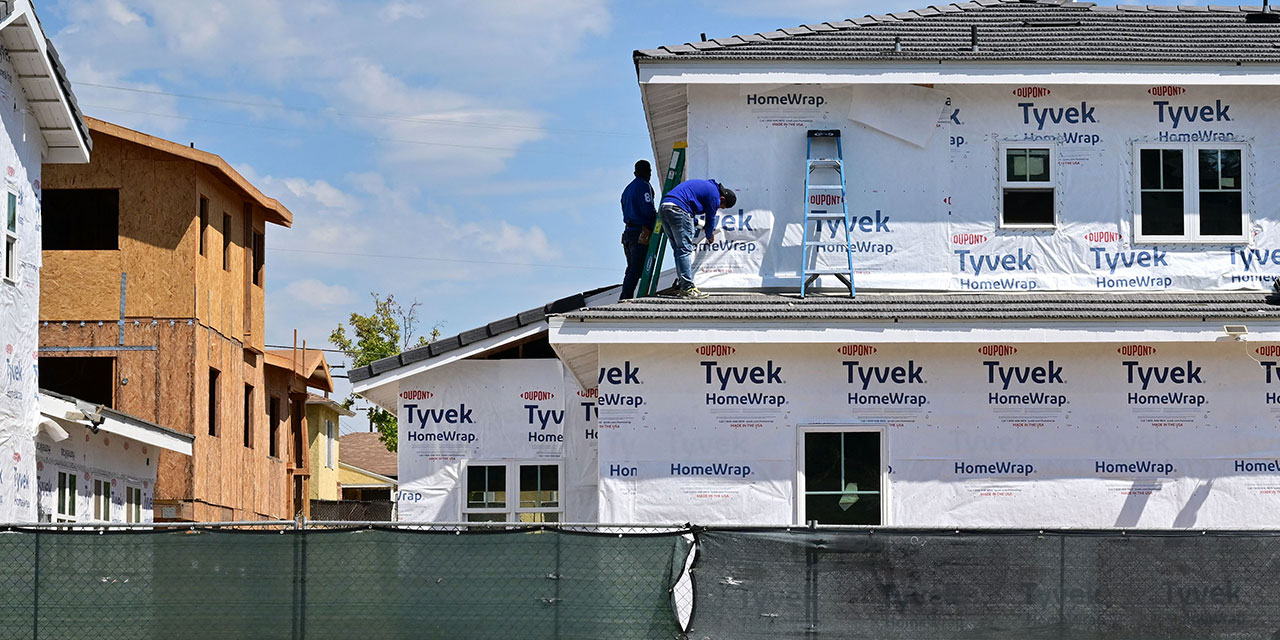Despite my best intentions, I find myself caught up in the whirlwind of the Olympic Games set to be held in Paris next year. I am a local elected official of the nearby town of Boulogne, which shares three large stadiums with the French capital that will be used throughout the games. The town is also halfway between the Eiffel Tower and the Château de Versailles, along the route for the Olympic marathons. There will be four races in total next year: for men, women, para-Olympians, and the public. One of the three stadiums, originally a rugby ground, has been hired out for the monthlong games by the German delegation, which is hoping to celebrate all its victories there. The German team is made up of 5,000 people, and athletes are accompanied by trainers, massage therapists, doctors, PR agents, fan clubs, family, and all the other hangers-on who now keep the wheels of Sport, Inc., well oiled. The Chinese delegation has just as many people and even asked the Boulogne mayor’s office to hire the entire town. This included all the hotels, restaurants, and public spaces, and would have made it easy to accommodate, assemble, and of course monitor the athletes and their staff. We refused, despite the red envelopes we may have otherwise received.
Every day while negotiating with the International Olympic Committee (an opaque, private organization that answers to no one), I discovered new constraints. Though the French government was hosting the games, it had no input and was merely tasked with executing the IOC’s orders. The IOC oversees everything, from the water temperature in the swimming pools to the excessive price of spectators’ tickets. The town of Boulogne is not even allowed to produce its own signage—for example, to mark out the marathon route—without the IOC’s authorization. The organization also has intellectual property and veto rights over anything even vaguely connected to the event. We are forbidden from featuring the Olympic rings in commercials and public advertising without permission, and especially without payment. As Boulogne is in a strategic location between Versailles and Paris, the Olympic torch will also be brought through our town—for a price. The passing of the torch between various notable figures is a public event, for which the town will pay. The town must also cough up €5,000 for the few hundred feet the torch covers alongside the local cemetery, which should help finance the security operation around this symbolic relay.
Finally, a reason to check your email.
Sign up for our free newsletter today.
Indeed, security is the IOC’s main obsession, one shared by the government and the cities. These concerns have only been amplified by the recent riots in France, and yet security is entirely the responsibility of the hosts. The IOC will not invest a penny in maintaining order; instead, keeping the peace is solely the responsibility of the French government, the mayors, and the public. All divisions of the police will be mobilized, and the army may be brought in as a last resort. The IOC and the French government have asked the Boulogne mayor’s office to install facial-recognition cameras to monitor the crowds and detect potential terrorists. This will be carried out, but at enormous expense. Facial-recognition technology is now commonplace in China but is forbidden in French public spaces. The French parliament has legalized it, however, for the duration of the games. The IOC has also tasked the government with recruiting some 80,000 volunteers for the entire month, none of whom will receive any remuneration from the committee. Only 8,000 applications have been submitted nationally, and before anyone is accepted, a panel of judges must evaluate all candidates to ensure that they have no criminal record—clearly an impossible task.
The IOC will reap considerable profits from these games, yet the extent of these profits will never be made public. Meantime, how will the host country and cities benefit? With the exception of Barcelona in 1992, the games have ruined all host cities—Athens, in particular—or have indebted them for a generation. Paris may enjoy an additional influx of tourists, but we don’t want them. The world’s most visited city is already wondering how to reduce tourism, generating a new buzzword: “tourism degrowth.” In the absence of any material benefits, will France derive some glory from the games (assuming no incidents occur)? I don’t believe that the French will take to such an old-fashioned concept, particularly one that will have no positive impact on their daily lives.
The entrance to the Bois de Boulogne lies a stone’s throw from my front door. This small forest has escaped urbanization, and walking paths were carved out during the mid-nineteenth century. Its clearings feature several ancient wooden panels informing visitors that the entire 1900 Olympic Games were held there. At the time, the IOC’s founder, Pierre de Coubertin, driven by a passion for ancient Greece, had just reinvented the Panhellenic Games. His motto: “The most important thing is not to win, but to take part.” His words aside, I will not be taking part (not even in the public marathon) in what is no longer a sporting event but a globalized business.
Photo: Chesnot/Getty Images




